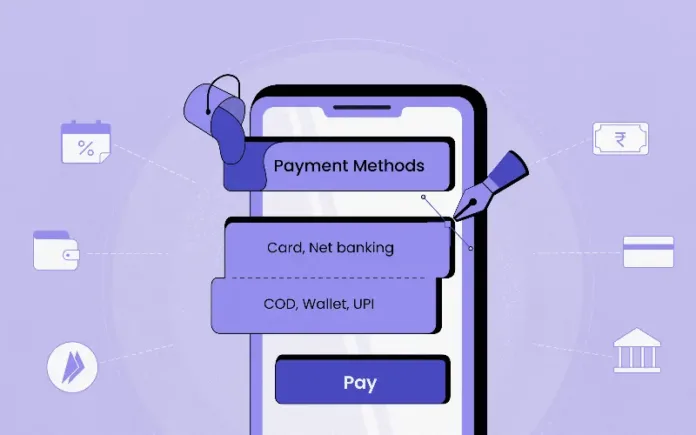White-label payment gateways offer large enterprises an optimized, business-to-business processing solution with rapid implementation, cost-effectiveness, and extensive customization. These platforms provide a competitive edge by ensuring industry compliance, supporting multiple payment integrations, and allowing customization to enhance branding while reducing development complexity and costs.
What is a White Label Payment Gateway
Essentially, a white label payment gateway is an out-of-the-box payment processing service that businesses can immediately personalize and brand. The service enables the business to create its personalized payment processing services via a marketplace or an eCommerce website without needing to create every personalized payment service from the ground up.
Fast Implementation and Cost-Effectiveness
The former option is highly beneficial for larger enterprises as white-label payment gateways enable faster deployments and save costs. These are quick-to-market solutions that reduce the entire development cycle, which can take a few weeks instead of months.
With a monthly subscription (based on volume) or per-transaction fee model, white-label payment gateways are a cheaper alternative compared to custom-built solutions. They help circumvent high initial costs related to hiring developers, extensive testing, and ongoing maintenance in further development.
This cost-effective solution is particularly appealing for businesses that want to enter the payments sector without incurring the high costs associated with custom development. It also unlocks advanced payment technologies, such as smart routing, tokenization, and anti-fraud algorithms, which can create new revenue streams for the platform owner without the need for in-house development.
Reliability and Compliance
White-label payment gateways offer large enterprises improved reliability and extensive compliance tools, ensuring that their money is processed securely and consistently. These gateways are developed by trusted vendors who invest significant resources to guarantee security, features, and regulatory compliance, maintaining their reputation among customers.
White-label payment gateways are PCI DSS compliant, allowing businesses to bypass their own complex and resource-intensive compliance processes. This saves time and resources that would otherwise be spent on achieving this compliance — a benefit that goes beyond regulatory requirements, providing peace of mind for enterprises handling sensitive payment data.
Additionally, white-label solutions are continually updated to meet industry standards and regulations, making them highly reliable and secure for enterprise-grade operations.
Multiple Payment Integrations
A major competitive advantage of white-label payment gateways for enterprises is their support for multiple payment integrations. With pre-integrated payment methods and providers, many of these solutions offer businesses diverse ways for customers to pay without the need for additional integrations.
This holistic approach provides tools for processing credit and debit cards, digital wallets, and bank transfers, while also supporting specific payment types in certain regions. White-label payment gateways centralize all payment options through a single integration point, simplifying the payments infrastructure, speeding up development, and enhancing the customer experience.
This streamlined setup drives higher conversion rates and creates a pleasant user experience.
Customization and Branding
Large enterprises often prefer white-label payment gateways because they allow customization of all aspects of the payment experience to match their brand identity. These solutions enable businesses to embed their logos, color schemes, and other branding elements into the interface design, ensuring users experience a consistent brand presence.
Customizable checkout flows and payment options let enterprises tailor the payment experience for both online and offline transactions. This high level of branding and personalization enhances the overall customer experience, improves brand recall, boosts credibility, and fosters long-term loyalty, which can lead to higher conversion rates.
Additionally, white-label solutions keep customers on the brand’s site during payments, avoiding redirection to third-party websites. This extends the brand’s presence throughout the entire payment journey.
Seamless Integration Capabilities
Enterprise integration is made particularly seamless by white-label payment gateways, reducing the need for manual implementation and technical complexities. These solutions typically offer powerful APIs, SDKs, and comprehensive documentation, enabling quick integration with existing systems or platforms.
The integration process is straightforward, often requiring the business to connect the gateway to their websites, mobile apps, or other digital channels, eliminating the need for businesses to set their own standards. This ease of use not only facilitates deployment but also reduces the burden on IT time and resources.
White-label payment gateways commonly provide multiple integration methods, such as hosted payment pages, direct API integrations, and pre-built plugins for popular e-commerce platforms. These options accommodate a wide range of technical requirements and skill sets.
